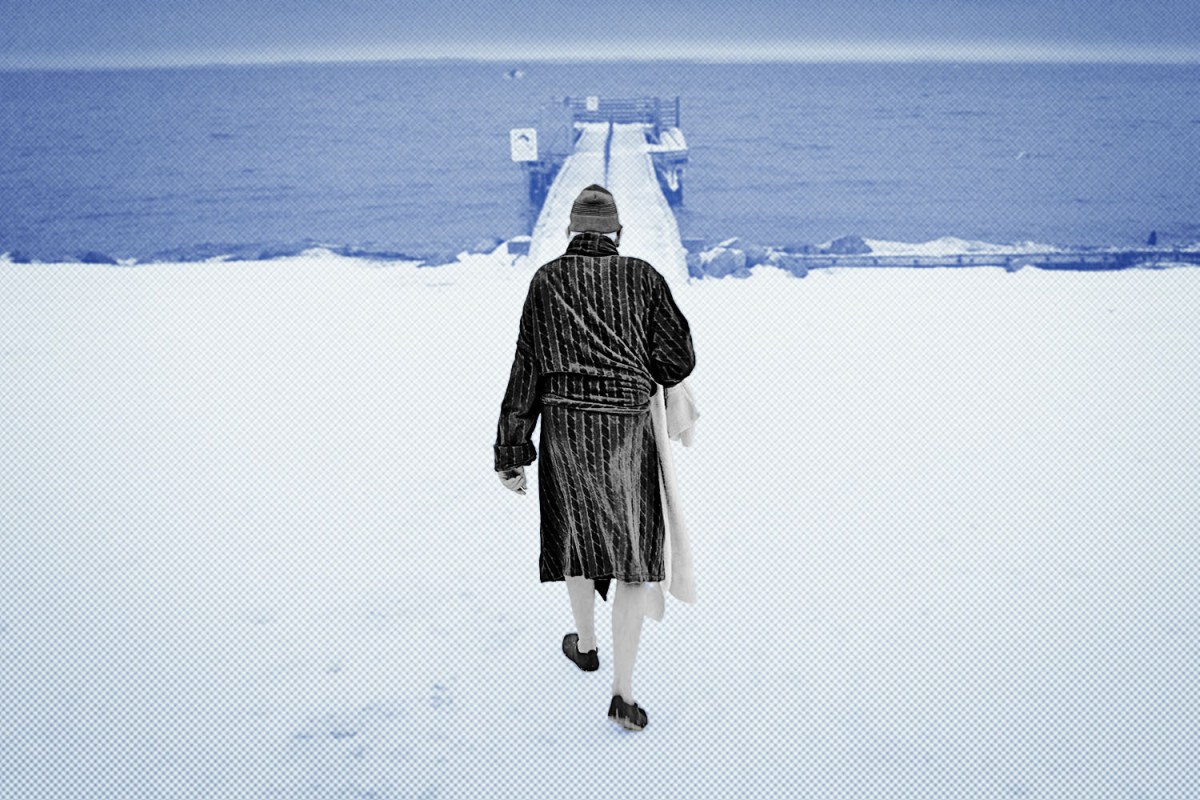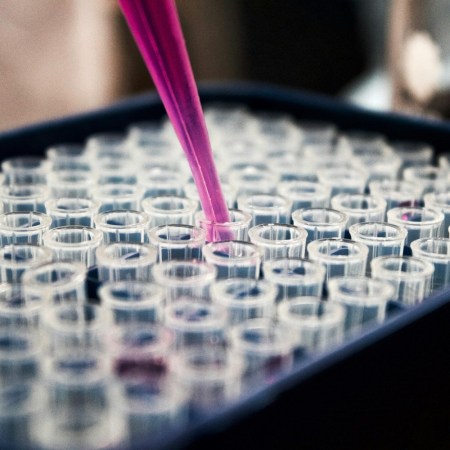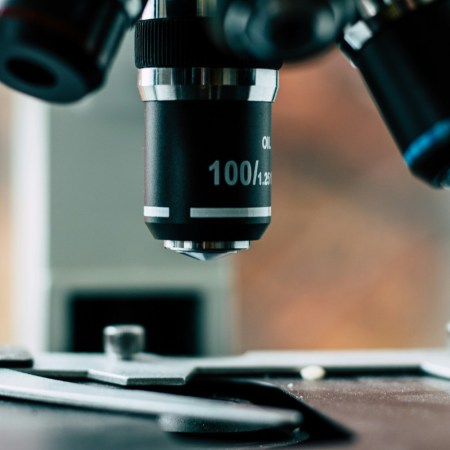The thing about getting older is that it’s hard to know whether the symptoms that come with it are normal or require medical attention. Tiredness, brain fog, mood swings, loss of libido, erectile dysfunction, weight gain, and muscle loss all have arrive with degrees of subjectivity. Maybe they’re par for the course of middle-age. Maybe you feel like you’ve entirely lost your mojo. Or maybe they’re symptomatic of the andropause.
That’s not a term that Dr. Robert Stevens of London’s Men’s Health Clinic much likes. Sure, it’s a catchy media concoction, suggesting the male counterpart to female menopause. That said, he stresses, the menopause is a defined biological event — the slowing and then cessation of periods, with accompanying hormonal flat-lining — whereas the andropause, sometimes dubbed the “manopause,” is much less clear, and, in a way, much more complex.
Indeed, many in the medical world argue that there’s no such thing at all. “Endocrinologists don’t like the vagueness of it. They want to find a definitive pathology and can’t,” says Stevens. The whole idea has only been on the medical radar for a decade or so — on the medicinal timeline, that’s not very long at all.
Still, this is a collection of symptoms that many men, typically in their 40s and 50s, regularly experience. And often, though not always, testosterone replacement therapy (TRT) does provide relief. Hit that age group and testosterone levels in men start to drop away, albeit very gently.
Unlike the rapid shutdown of estrogen production that ushers in female menopause, men typically see only a 2% testosterone decline per year over their thirties and beyond. Whatever physical or biochemical symptoms this process heralds will likely be spread out over many years and affect men over a much broader age range (relative to menopausal women). In some cases, it may fail to arrive at all.
100 Ways to Live to 100: The Longevity Fitness Guide
Coastal living, board games, not eating hot dogs. It’s all in here.“The main thing is coming to some conclusion in yourself as to whether the way you feel is a product of ageing, which arguably you just have to accept, or whether it’s in some way properly and negatively affecting your quality of life and you should do something about it,” suggests Dr. Chris Airey, medical director of the Optimale men’s health clinic. “The whole subject [of ‘the male menopause’] is complicated and even the terminology is woolly. I’ve never had a patient come to me and say ‘I think I’m going through the andropause’.
“But what is clear is that as men age some will complain of a common set of symptoms,” Airey adds. “We might investigate those to determine if that’s because there is an underlying cause or, well, because that’s just what getting older is like. But we have to be mindful of the fact that, as awareness of testosterone deficiency grows, we also sometimes see men with very normal testosterone levels who are nonetheless convinced the problem is their testosterone levels.”
Clinical resistance to TRT is often influenced by common misconceptions of testosterone. Rather than being seen as the primary sex hormone — found in men and women alike, and stable levels of which are necessary for normal physiological function — its injection is, Stevens says, too often conflated with anabolic steroid abuse “and the idea that there are men who just want to look good with their tops off.”
Plus, while the role of testosterone is incredibly important, “it’s not well-taught in medical school, because it’s not well-understood,” he says. All told, you have a perfect storm of a lot of men feeling bad but unable to work out why, some of them jumping to the wrong conclusions, too many clinicians biased towards an overenthusiastic prescribing of testosterone, and some not keen on it at all.
Testosterone isn’t even mostly about sex, interest in sex, or your ability to get it up (all things that, inevitably, cause most men acute embarrassment and further stop them seeking medical advice). Indeed, testosterone’s decline is also linked to muscle atrophy, reduced bone density and a susceptibility to depression; and there’s an inverse correlation with obesity and mortality from heart failure — the less testosterone you have, the more prone you are to both issues. Not for nothing, then, some experts dub the ‘male menopause’ as something more akin to Testosterone Deficiency Syndrome.
But that only account for part of the hormonal story. Current understanding suggests that subtle shifts in testosterone levels are more part of a broader package of metabolic changes in various key hormone levels — prolactin, gonadotropin, DHEA and others you’ve likely never heard of — with consequences similar to those experienced by menopausal women. So where does that leave you?
Let’s be clear: lifestyle is a major part of this. The major part. “You can’t get around lifestyle. Testosterone is no substitute for those things you need to be doing, anyway,” as Airey puts it.
If you head to to a doctor, seeking TRT as some silver bullet to solve this higgledy-piggledy set of symptoms — some of which are debilitating, others are just irritating — the first thing they’ll do is assess how you live, and ask you to make necessary corrections. Are you sleeping enough? Are you eating well? Do you smoke or drink too much? Do you get enough exercise? Do you do anything to mitigate stress?
You should, at a minimum, be taking good, regular, long walks. You might train gently but regularly with weights. Eat a low-carb, high protein diet. Get a good eight hours sleep every night. Address the stress in your life rather than normalizing it. But if you do all this, and your way of life is largely health positive, yet you still feel like crap, then the next step is blood screening; you’ll definitely want to assess testosterone levels. But they’ll check for adrenal and thyroid dysfunction too. Both are also more common in middle-age. TRT is the end of the road, after all, not the start of it.
And for good reason: it’s expensive. Prices vary, but we’re typically talking at least a few hundreds dollars per month; and unsurprisingly, those who recommend this treatment profit from it. Working out a patient’s ideal level of testosterone for their physiology is hard: their normal operating level may be atypically high or low…who knows? And once you’re on TRT, your body’s own testosterone production shuts down — sometimes that’s for good, making TRT a crutch, not a cure, while sometimes (if you’re on TRT for a limited period), it might allow the the patient to return to their pre-TRT levels.
That’s why Stevens’ clinic adopts an approach based more on testosterone micro-dosing and frequent monitoring, an idea worth pursuing with your own physician if it comes to it. Prescription levels of testosterone vary wildly country to country, which is testament to the idea that there’s a lot of guesswork going on here.
Is more research required? Definitely. We still have miles to go in fully understanding menopause…so unpicking the andropause has barely begun. That’s a problem for those men in middle-age who feel deeply out of sorts in ways they can’t quite understand or mitigate or name.
The Charge will help you move better, think clearer and stay in the game longer. Subscribe to our wellness newsletter today.
























